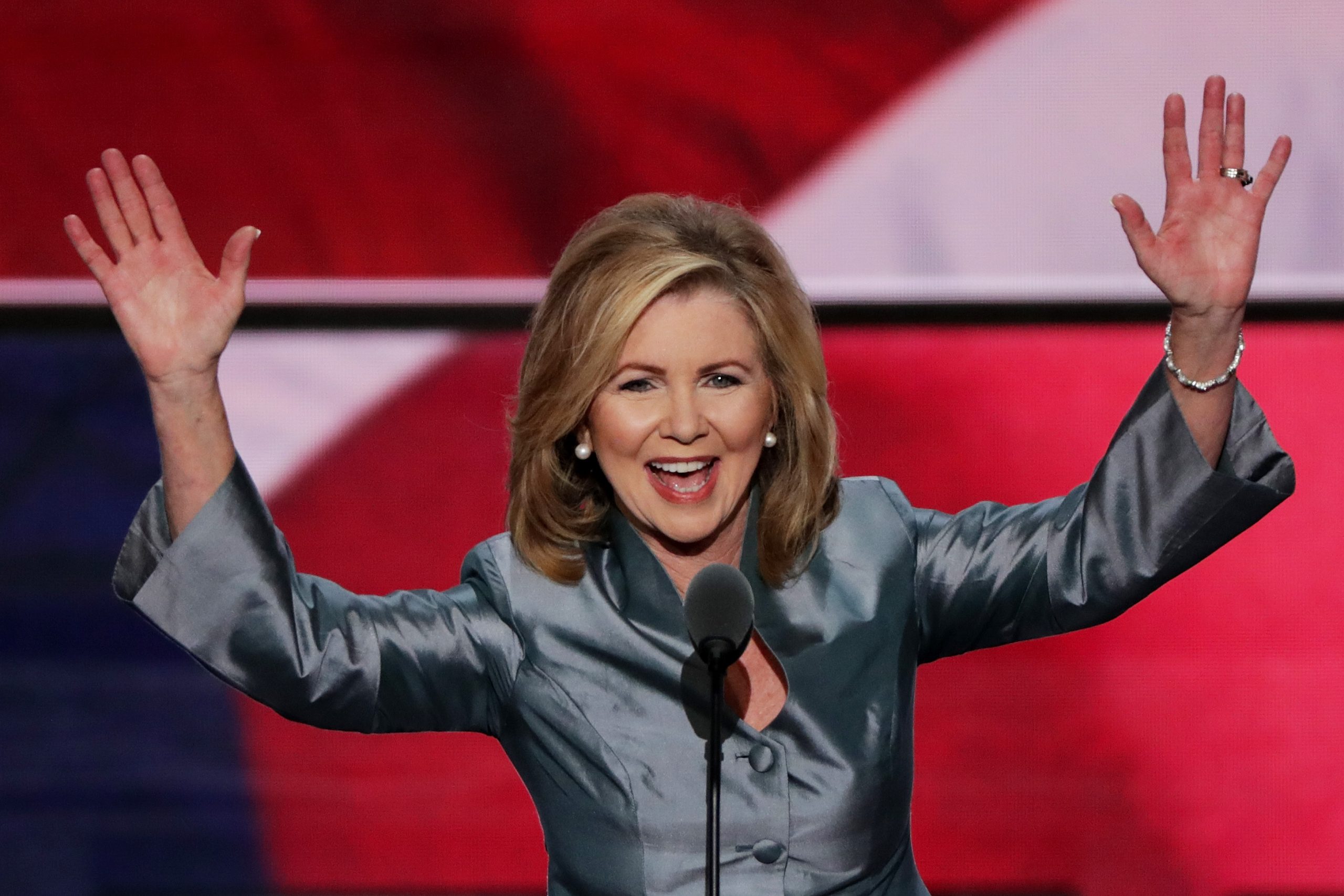A Republican lawmaker is proposing a net neutrality law that would ban blocking and throttling, but the bill would allow ISPs to create paid fast lanes and prohibit state governments from enacting their own net neutrality laws. The bill would also prohibit the FCC from imposing any type of common carrier regulations on broadband providers.
Rep. Marsha Blackburn (R-Tenn.) announced the "Open Internet Preservation Act" in a video posted to Twitter.
"We can do this now that [FCC] Chairman [Ajit] Pai has successfully done his job of getting the net neutrality rules off the books," said Blackburn, who is chairperson of a congressional telecommunications subcommittee.
@AjitPaiFCC has done his job, now it's up to Congress to do theirs. This bill will ensure there is no blocking, no throttling. It is my honor to sign this bill- let's get it to @realDonaldTrump's desk. pic.twitter.com/jOf0fvFwcd
— Marsha Blackburn (@MarshaBlackburn) December 19, 2017
The bill text is available here. It would amend the Communications Act "to prohibit blocking of lawful content, applications, services, and non-harmful devices, [and] to prohibit impairment or degradation of lawful Internet traffic."
Unlike the net neutrality rules repealed by Pai's FCC last week, the bill would not prohibit ISPs from charging websites or online services for prioritization.
Blackburn's bill would define broadband Internet access as an "information service," preventing the FCC from ever regulating home and mobile Internet providers as common carriers. This prohibition would prevent the reinstatement of numerous consumer protections besides the net neutrality rules.
State governments would also be limited in their ability to regulate, as Blackburn's bill would preempt states from imposing "any law, rule, regulation, duty, requirement, standard, or other provision" related to net neutrality.
Blackburn's bill would let the FCC enforce the no-blocking and no-throttling rules, but it would forbid the commission from adding any new requirements to the rules. The FCC would be required to adopt formal complaint procedures to address alleged violations.




 Loading comments...
Loading comments... 